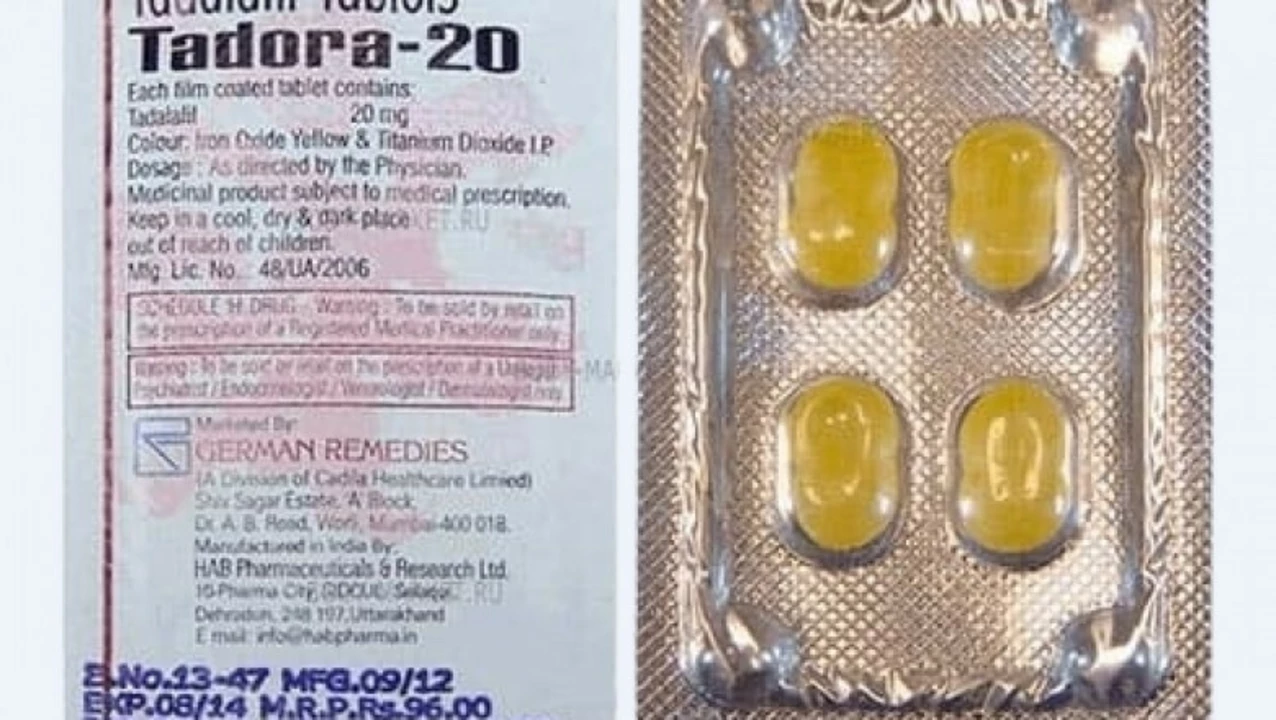Dosage: Practical medication dosing guides and safety tips
Getting the dose right matters. Too little and the medicine may not work. Too much and you risk serious side effects. This tag collects plain-language, practical articles that explain how much of a drug to take, how often, and what to watch for with common prescriptions and over-the-counter medicines.
Here you’ll find step-by-step dosing info for specific drugs (like Zithromax, Aciclovir, Trileptal, Evista, Zestril) plus general rules that help you avoid mistakes. Each post focuses on real situations: choosing the right strength, adjusting for age or kidney problems, measuring liquid meds, and handling missed doses. I keep it practical—no fluff, just the facts you need to use medicines safely.
Simple dosing rules that actually help
Follow the prescription exactly. If your doctor writes 250 mg twice a day, don’t guess. Use the right measuring device for liquid medicine—a kitchen spoon is not accurate. Check the drug strength on the label and match it to your prescription; pills often come in multiple strengths.
When in doubt about timing, stick to a steady schedule. For twice-daily meds, pick times about 12 hours apart. For antibiotics like Biaxin or Zithromax, finish the full course unless your doctor says stop. Don’t double up after a missed dose unless the leaflet tells you to—doubling can cause harm.
Adjustments matter. Older adults, people with low body weight, and those with kidney or liver problems often need lower doses. Some drugs require gradual dose changes. For example, anticonvulsants like Trileptal need careful titration—don’t change the amount on your own.
What to check before you take a dose
Look for key items on the label: active ingredient, strength, dosing frequency, and any warnings about food or other drugs. Ask your pharmacist about interactions—some common meds and supplements can change how a drug is absorbed or increase side effects.
Watch for common risks: acetaminophen can be hiding in many combination products, so you might accidentally take too much. Antibiotics like ciprofloxacin have safer alternatives for certain infections; your doctor may change the dose or pick a different drug based on your health or local resistance patterns.
Finally, if you read one thing and act on it: ask questions. If the printed directions don’t make sense, call your pharmacist or prescriber before you take the medicine. Our articles explain the usual doses and why they matter, but personal factors change the right dose for you.
Scroll through the tagged posts for drug-specific guides and real-world tips. If you’re looking for a particular drug’s dosing info—Evista, Phenergan, Zestril, or others—start with those guides and use the dosing rules above as a checklist before you take your next dose.
Sitostanol (Plant Stanol) Guide: Benefits, Dosage, Side Effects, and Cholesterol Evidence
Clear, evidence-based guide to sitostanol: how it lowers LDL, ideal dosage, safety, interactions, label tips, and who should consider it-written for everyday readers.
Exploring Diflucan: Uses, Effects, and Dosage Tips
Diflucan, a widely recognized antifungal medication primarily composed of Fluconazole, serves a crucial role in treating various yeast infections. Understanding its medical effects, potential side effects, and interactions with other drugs is essential for safe and effective use. Insights into common dosage and usage tips can help patients and healthcare providers make informed decisions. Always consult healthcare professionals when considering this medication for treatment. This guide aims to offer valuable information about Diflucan, aiding readers in making educated choices.
Carbamazepine for Children: Safety, Dosage, and Side Effects
As a parent, I know how important it is to keep our children safe, especially when it comes to medications. Recently, I've been researching Carbamazepine, a drug used to treat epilepsy and other conditions in children. From what I've gathered, it's crucial to follow the prescribed dosage to ensure safety, as too much or too little can be harmful. Like all medications, there are potential side effects, such as dizziness, nausea, and in rare cases, more severe reactions. Always consult with a healthcare professional before starting any new medication for your child.
© 2026. All rights reserved.



